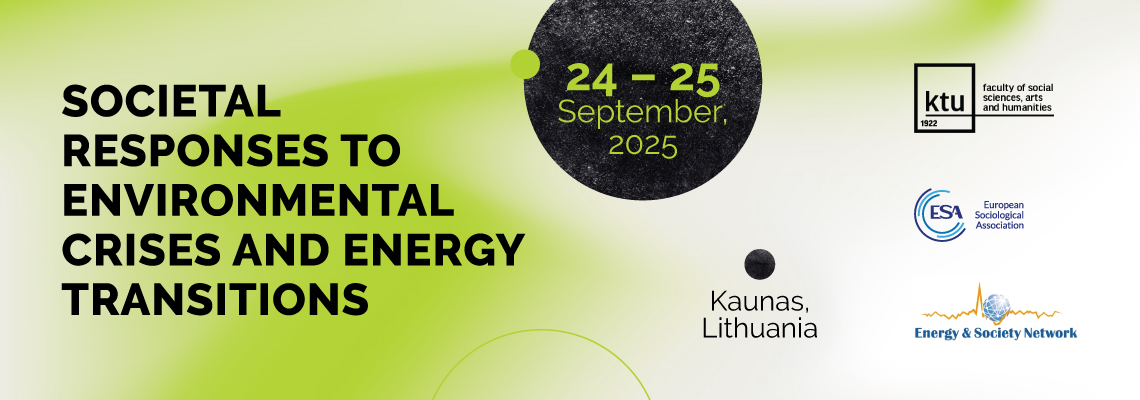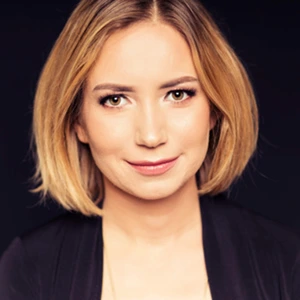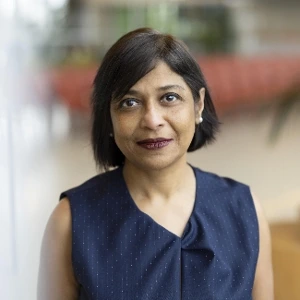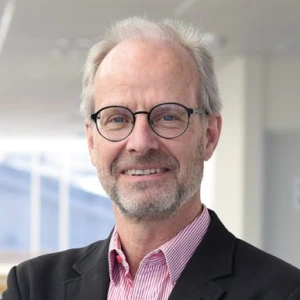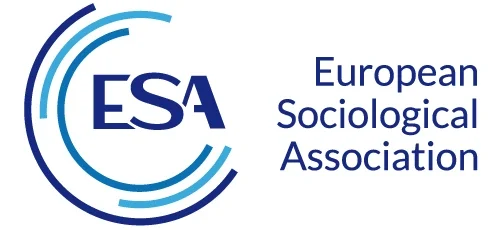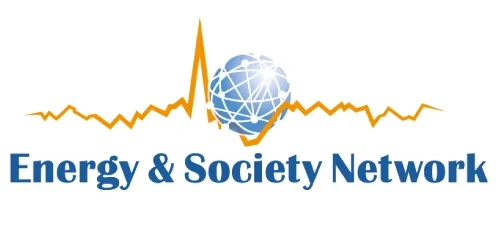Description and Themes
The conference calls for critical sociological reflection and data driven social science responses within the overlapping broad themes of energy transitions and the climate change emergency, biodiversity loss, and environmental pollution crises. Among other important issues, the conference aims to foreground recognition of how energy systems and transitions are linked to, or implicated in, many broader processes of change. These include climate and planetary health, public health and wellbeing, poverty and oppression, biodiversity and environmental change, water, food, finance and economics, and many others. This conference aims not only to discuss current developments, injustices, and imbalances in societal responses, but also to unpack the nature of crises. In particular, it seeks to critically explore the metamorphosis taking place, the possibilities of coping and adaptation (if feasible in times of polycrises), and how societies confront evolving risks and growing insecurity.
The following themes are suggested for the regular conference sessions. We welcome presentations that speak to the broader conference theme, as well as those that address energy and environmental crises as social issues in other ways.
Suggested topics in alphabetical order:
- Climate change communication and other environmental discourses;
- Complexity of the change: theoretical and methodological issues;
- Conflicts and environmental justice;
- Energy, social practices and diverse experiences (e.g. across gender, race, age);
- Energy nexus (e.g. water/food/environment/climate/biodiversity/health)
- Energy justice and poverty;
- Energy, finance, and economic systems;
- Energy, health and wellbeing;
- Environmental citizenship and environmental activism;
- Environmental values, perceptions, attitudes and behaviors;
- Food security, food practices and cultures;
- Knowledge, ignorance and scepticism;
- Participation, acceptance and environmental governance;
- Rural/urban energy transitions;
- Science, technology, energy and the environment;
- Social research on ecosystems and biodiversity
- Sociology and climate change;
- Sustainable consumption;
- Transdisciplinary research and citizen science in environmental social sciences and energy research;
- Urban environments, urban nature;
- Open topic.
The conference also calls for suggestions for special sessions in more creative, interactive formats, e. g. interactive workshops, roundtable discussions on a focal topic, creative sessions, co-creation sessions, etc.
The conference will offer a summer school for Early Career Researchers, focusing on methodologies for social research in energy and the environment (the call TBC).
Keynote speakers, special sessions and workshops, as well as the social program, will be announced with the conference program.
Submissions:
– Abstracts: 150-200 words, plus authors, affiliations, and email addresses.
– Special session proposals (interactive formats): the proposals should provide a title and a brief abstract with information on the topic, format and contributors (150-200 words, plus names of proponents, affiliations and email addresses).
Each author can present only one paper as a lead author. Abstracts must be submitted in English.


